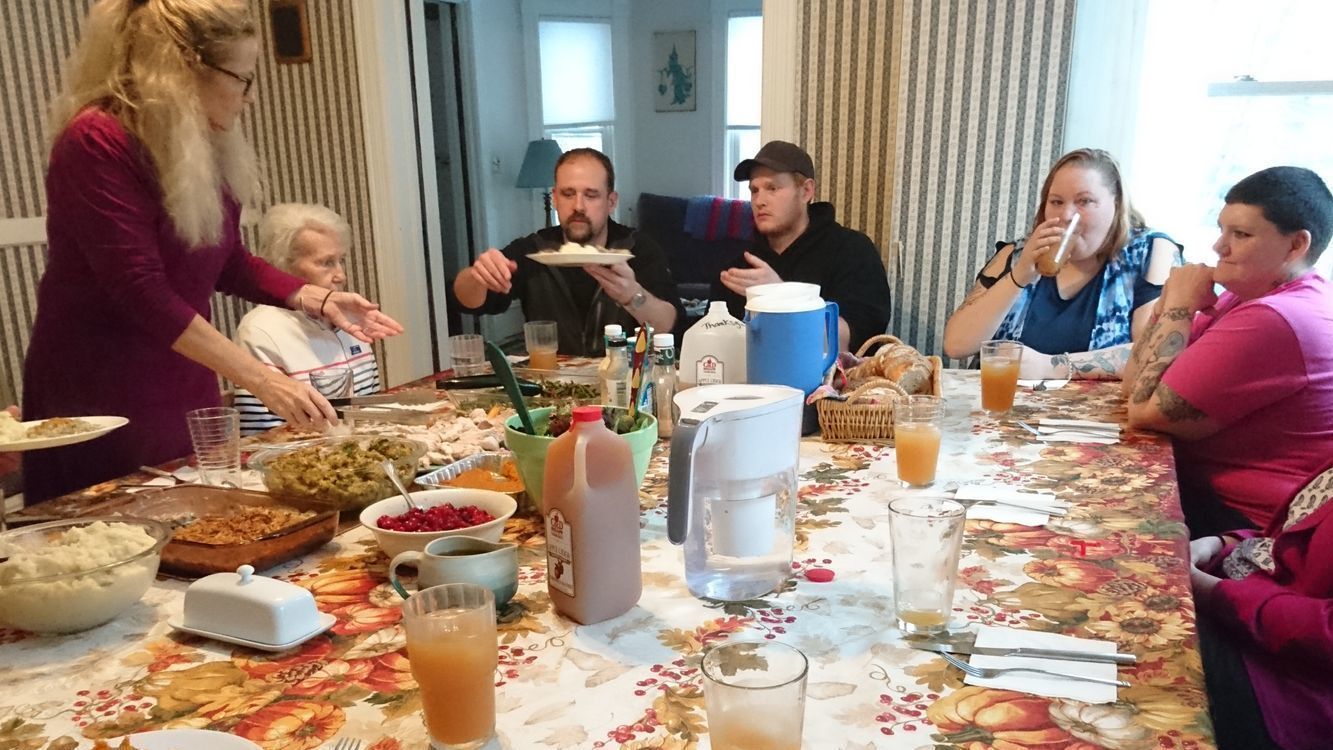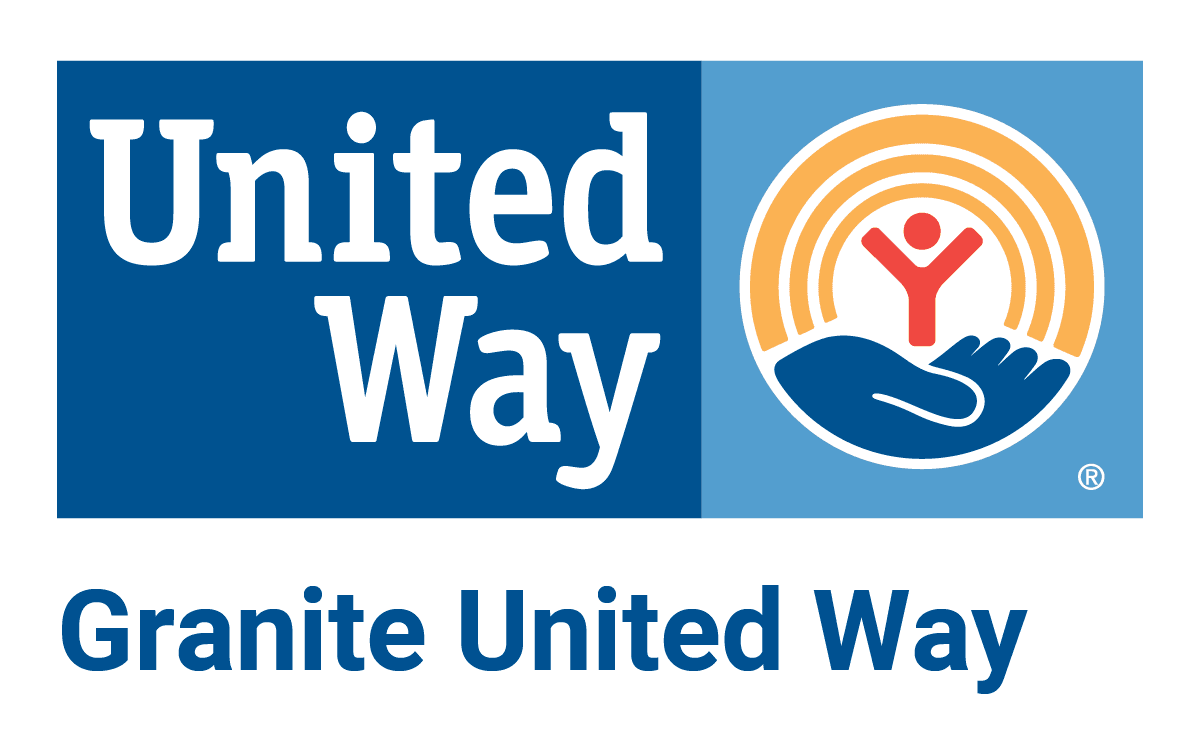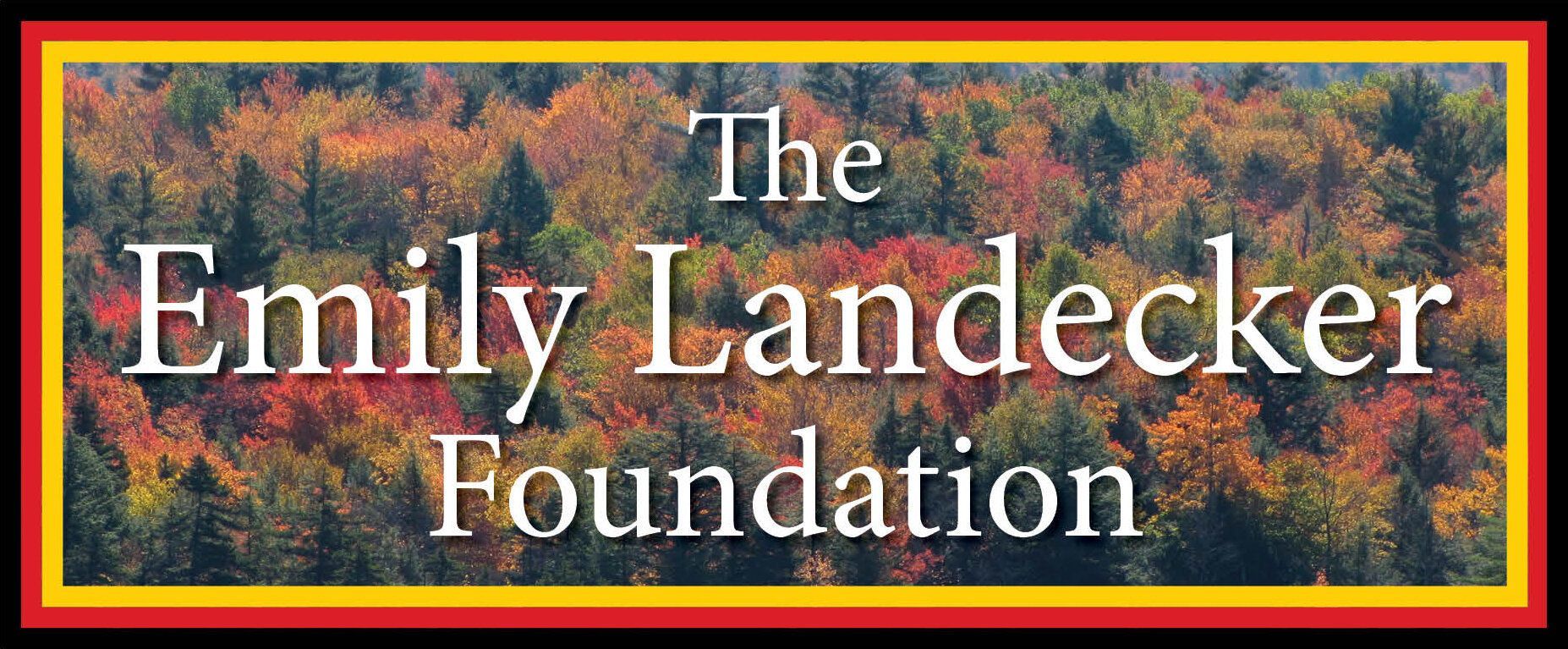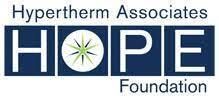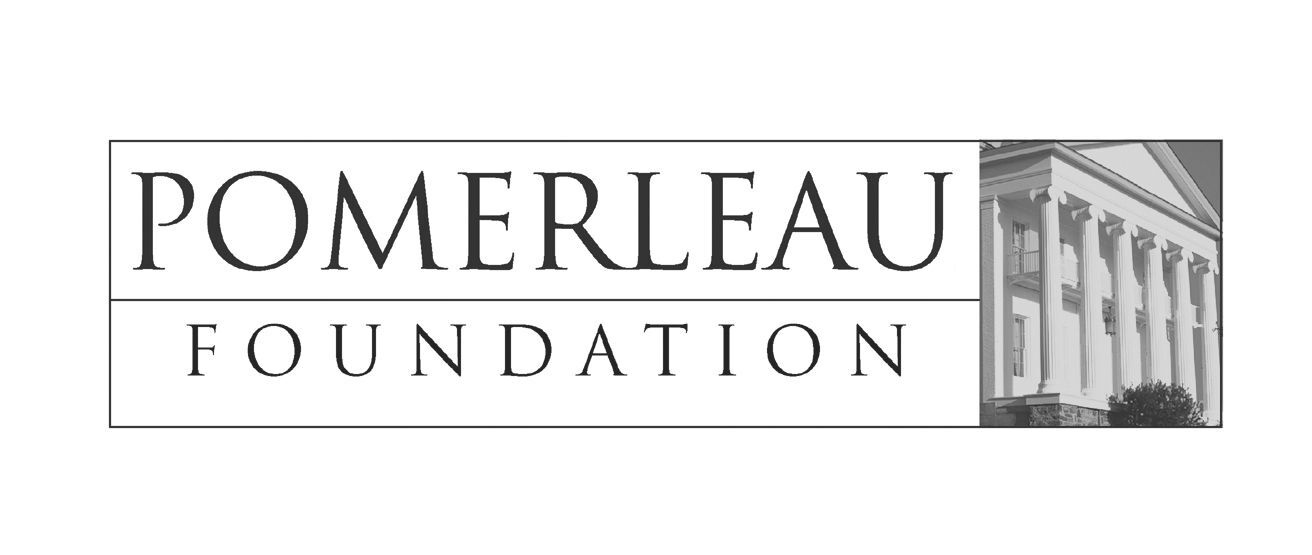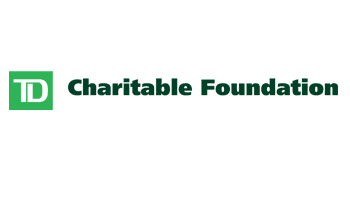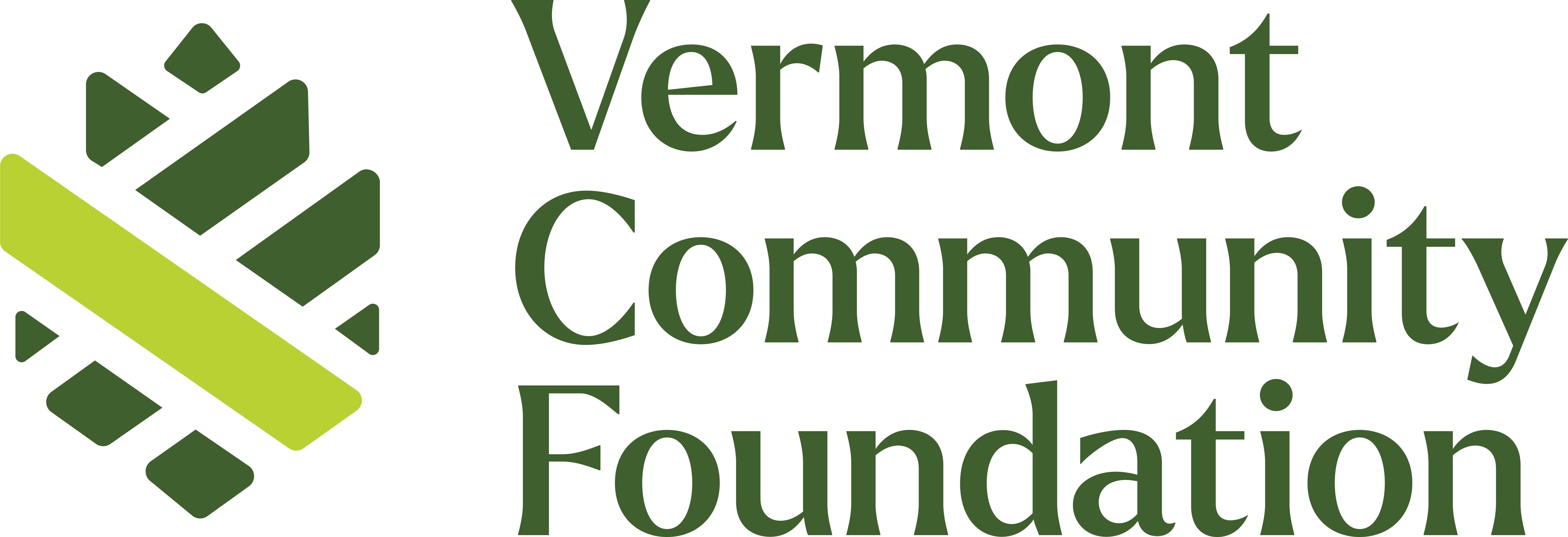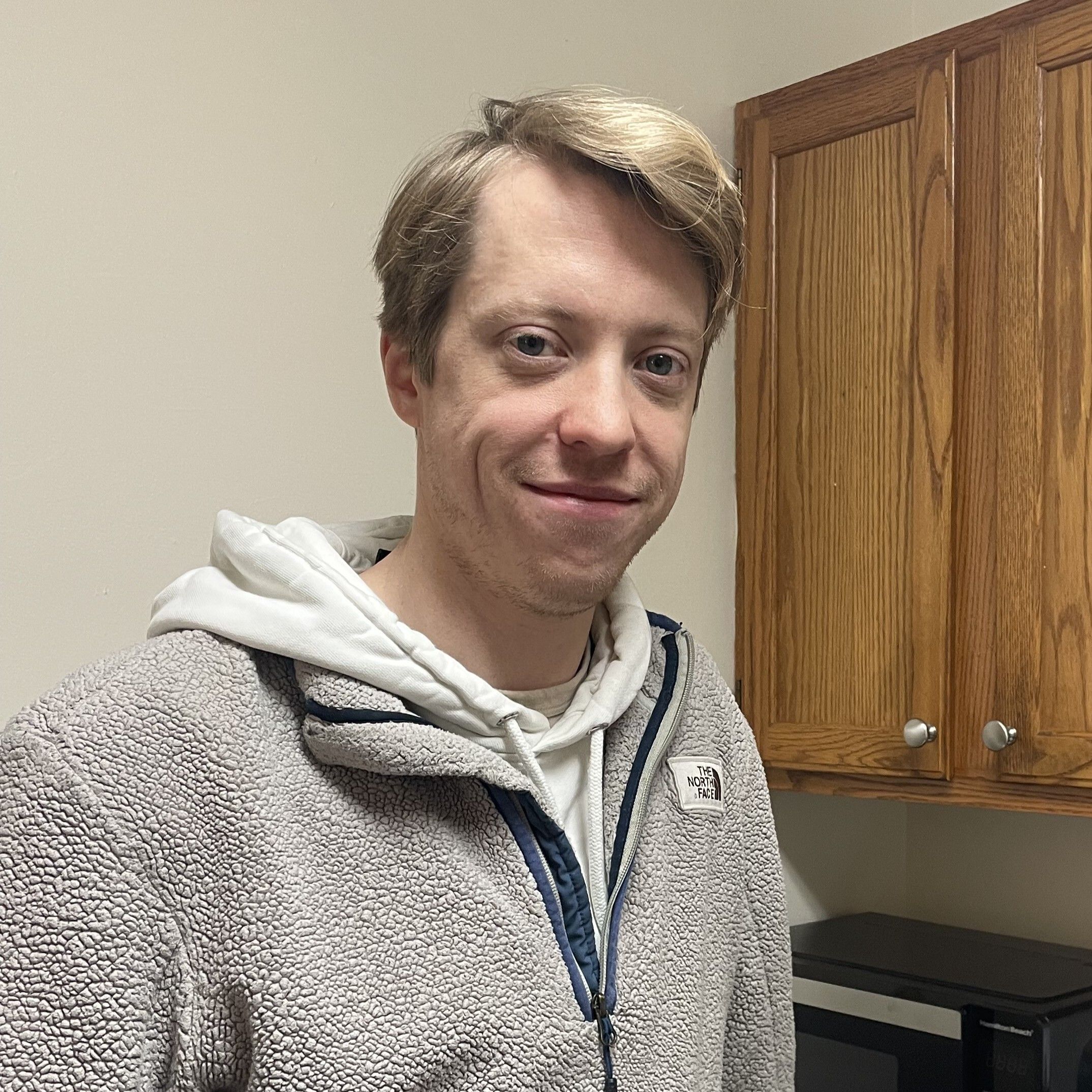
Aaron is from Shelburne, Vermont, and in his 20’s was all over the place, struggling with addiction and mental illness. Before he was arrested, he was living in a boarding house—this was during the COVID lockdown and a period of dark isolation that included heavy drug use. He said, “I kind of lost of my mind, definitely lost my mind in a drug psychosis.” This led to his charges, and he spent a few months in prison. “I was put in time out, and I used it to reflect on what I did wrong and what I needed to change so that I didn’t return.” Aaron is an avid abolitionist and believes incarceration is fundamentally wrong and oppressive yet still believes that “prison was helpful for me.” Once he was stabilized, sober, in a better mental state, and eligible for parole, he applied to Buell Street Dismas.
Once at Buell Street, Aaron initially doubted that he could succeed. He said, “My dad reminded me that I was in a good place and that I was going to get a lot of help.” Aaron had so many good things to say about Kim Parsons, the House Director at the time. “She's an incredible human being. The number of people she helped and the balance that is so rare in social services; she was tough and told me what I needed to hear. But she’s also so kind and thoughtful and loving, too. Having the staff to talk to and solve problems with, it was huge to have that support. When I arrived, I still had a lot of self-hatred and loathing but knew that to love other people, I had to love myself, too...and in love is forgiveness.”
Aaron spent an unusually long time at Buell Street, three and a half years. He met a lot of incredible guys, people who had struggles but also so inspiring. “I love and care deeply for so many of them.” He has lived in other group homes, but Dismas is unique in that everyone was involved in the criminal justice system. “The support that you get at Dismas is unlike anywhere else: a place to live, food, the presence of volunteers, transportation, and all the basics. It’s incredible. With that support, you can really grow as a human.”
“I remembered who I am. I could stop focusing on how miserable I was. I made some core lifestyle changes around diet, sleep, exercise, and how I choose to spend my time. I started reading again, meditating, going to church, and reconnecting with path work...then things really started to turn around for me. Dismas allowed me the space to do that. I just started checking things off and slowly started showing up for the other guys. Soon I was entirely focused on what is important to me and how to help others to better this crazy world.”
At the three-year mark, Aaron was motivated to move on from Buell Street and ready for some elbow room. His readiness coincided with the launch of Dismas’ Step-Down Housing Program. Here, Dismas controls the leases, rented from private landlords, and can sub-lease to a successful Dismas resident ready for more independence but who could still use the supportive presence of Dismas staff in their life. “I give Dismas a lot of credit for making this program happen. There are no housing protections in Vermont and the formerly incarcerated are one of the most discriminated against groups.
When I was at Buell Street, Dismas residents were asked by the Board of Directors, what are your barriers to moving out of the houses? We said we couldn’t find affordable housing. When a landlord has ten applications for a unit, they generally are going to take someone with a clean record. A program like step-down housing helps people build rental history, puts some distance between them and their charges, and gives them time to maybe even expunge or seal their charges.”
My dad is really proud of me and he's really grateful to Dismas. He helped me move in, he’s the man and I love him. The other day he commented on how incredibly lucky I am to have this...something I’m well aware of. I’m 32 and I've never had my own place before, I've always just rented rooms. It is nice to have my own spot to call home and it feels good to be trusted with this opportunity, to be trustworthy again. People have faith in me that I’ll do the right things, and I intend to keep my word, and I have trust that my community will help me if I need it.”
“Having volunteers and other members of the community come together for Dismas is an antidote to discrimination, prejudice, and biases. Building these relationships between residents and the community reminds us all that previously incarcerated folks are humans too, that they can make mistakes and then even make the community better. We have a choice everyday whether to lift people up or push people down. A big part of dinners at Dismas are the offers that are made by the volunteers, opportunities for community, work, and education. Those offers are really empowering.”
Aaron has been employed at Spectrum Youth Services for two years in its young adult shelter program. “Spectrum took a chance on me, and I love it. I’m excited to go in and I’m sad when I must miss it. It’s my dream job to watch the people I work with, going from survival mode to growth and becoming these incredible young adults who are self-sufficient and smart and working on their lives and working towards goals. It is beautiful.” The parallels between Aaron’s story and the youth he now serves are not unnoticed.
We talked about the future, which could include a tiny house or travel to Alaska, the last state he has to visit in the United States. Aaron knows he has made some mistakes, but those are in the past. “What I’m doing right now is pretty good and I fully intend for my future to be the same.”

